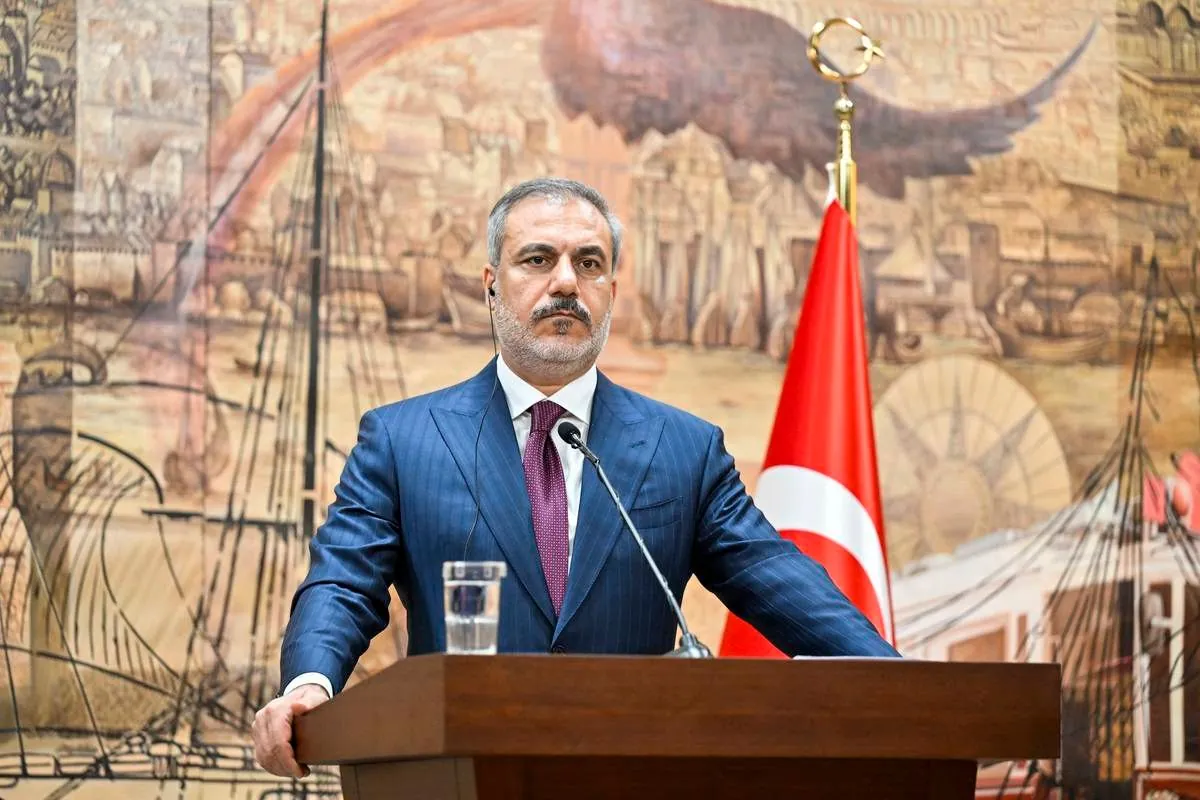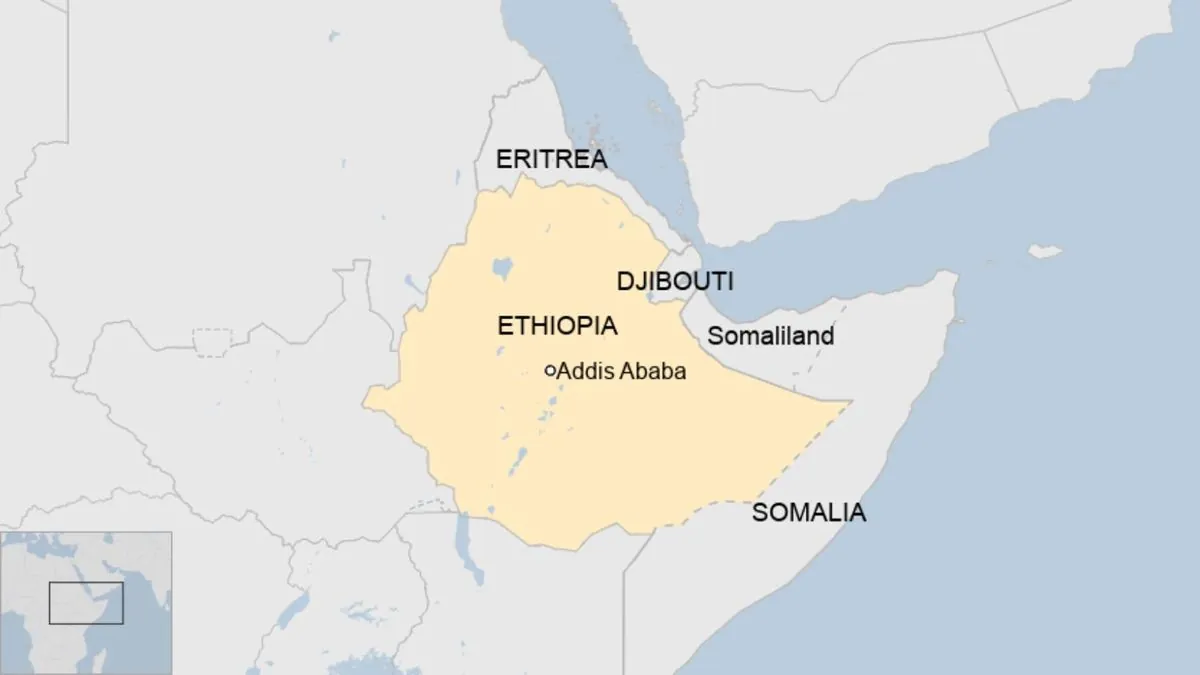Turkey Shifts Strategy in Somalia-Ethiopia Mediation Efforts
Turkey adapts its approach to resolving the Somalia-Ethiopia dispute over a Somaliland coastline deal. Foreign Minister Hakan Fidan announces plans for separate meetings with both nations, expressing optimism for a resolution.

In a diplomatic effort to address the ongoing dispute between Somalia and Ethiopia, Turkey has announced a shift in its mediation strategy. Hakan Fidan, Turkey's Foreign Minister, revealed on September 19, 2024, that the country intends to conduct separate meetings with the East African nations.
The conflict stems from a controversial agreement made in January 2024, where Ethiopia arranged to lease a 20-kilometer stretch of coastline from Somaliland, a self-declared state internationally recognized as an autonomous region of Somalia. This deal, which included Ethiopia's recognition of Somaliland's independence, was met with strong opposition from the Somali government.

Somalia's response to the agreement was swift and severe. The government in Mogadishu declared the deal illegal, expelled the Ethiopian ambassador, and threatened to remove thousands of Ethiopian troops stationed in the country to combat Islamist insurgents. This reaction highlights the complex security situation in the region, where Somalia has been grappling with an ongoing Islamist insurgency for years.
Turkey's involvement in this dispute is part of its broader diplomatic efforts in the Horn of Africa. The country has been expanding its influence in the region through various diplomatic and economic ties. Notably, Turkey operates its largest overseas military base in Mogadishu, established in 2017, and has been actively involved in training Somali security forces.
Fidan expressed optimism about finding a resolution, stating that the parties had "converged to a certain point" during previous talks in Ankara. He explained the new approach:
"Rather than bringing the same sides here for direct talks - and they don't meet directly anyway, they meet us - we have the aim of establishing one-on-one contact to converge positions and later bring the sides together when their positions reach a totally common point."
This strategic shift comes after two rounds of meetings hosted by Turkey and the cancellation of a third round that was initially scheduled for September 17, 2024. The decision to hold separate discussions reflects lessons learned from previous negotiations and aims to create a more conducive environment for reaching a mutually acceptable solution.
The dispute underscores the complex geopolitical dynamics in the Horn of Africa. Ethiopia, the second-most populous country in Africa, has been seeking access to the sea since losing its coastline when Eritrea gained independence in 1993. Meanwhile, Somalia boasts one of the longest coastlines in Africa and views the deal with Somaliland as a threat to its territorial integrity.
As Turkey continues its mediation efforts, the international community watches closely. The resolution of this dispute could have significant implications for regional stability and economic development in the strategically important Horn of Africa, which is located near major global shipping routes.


































